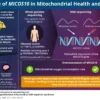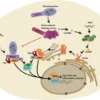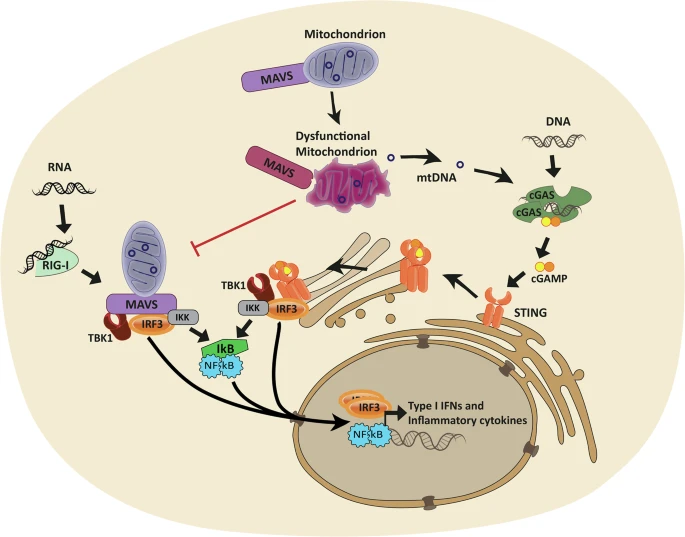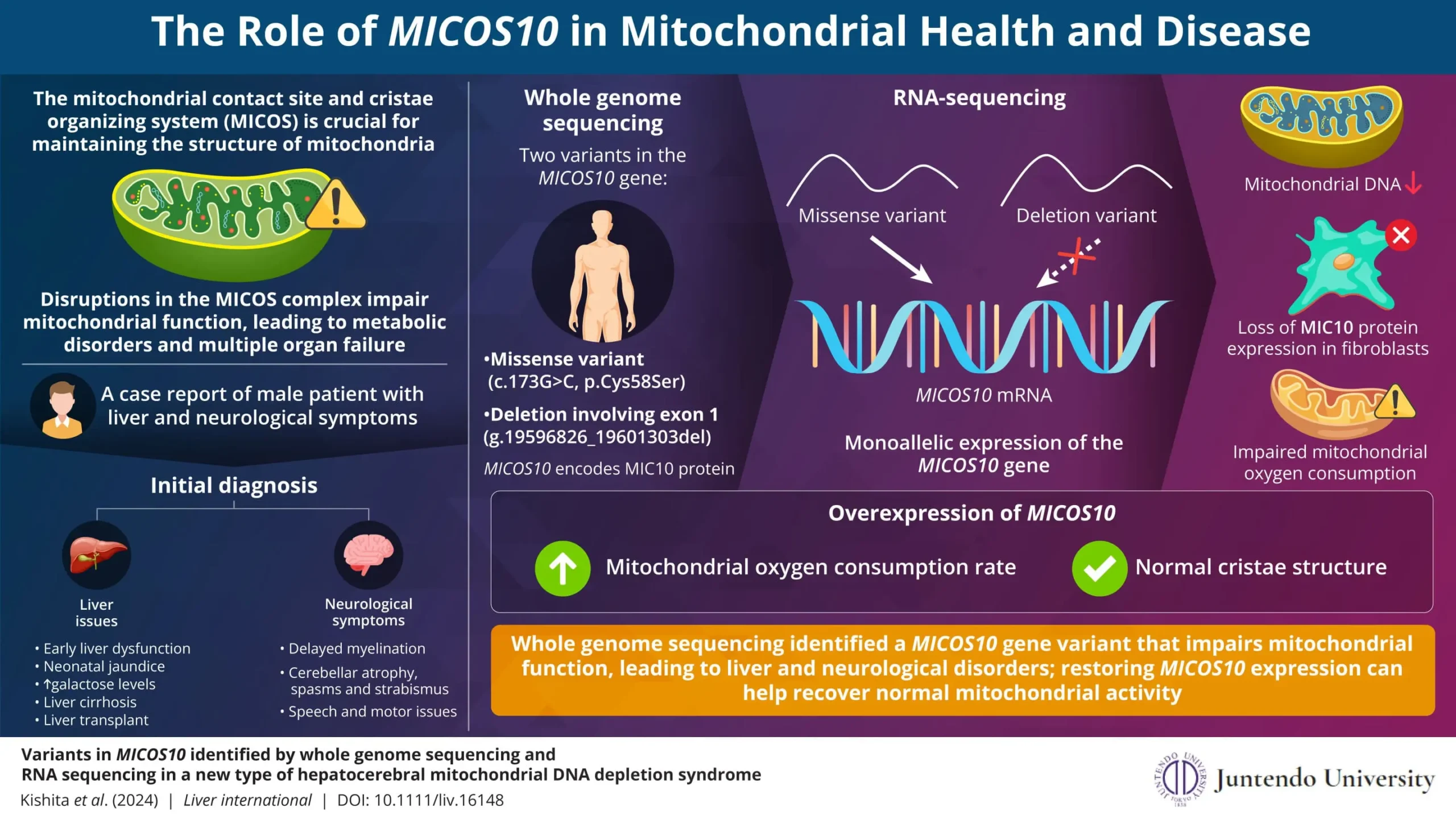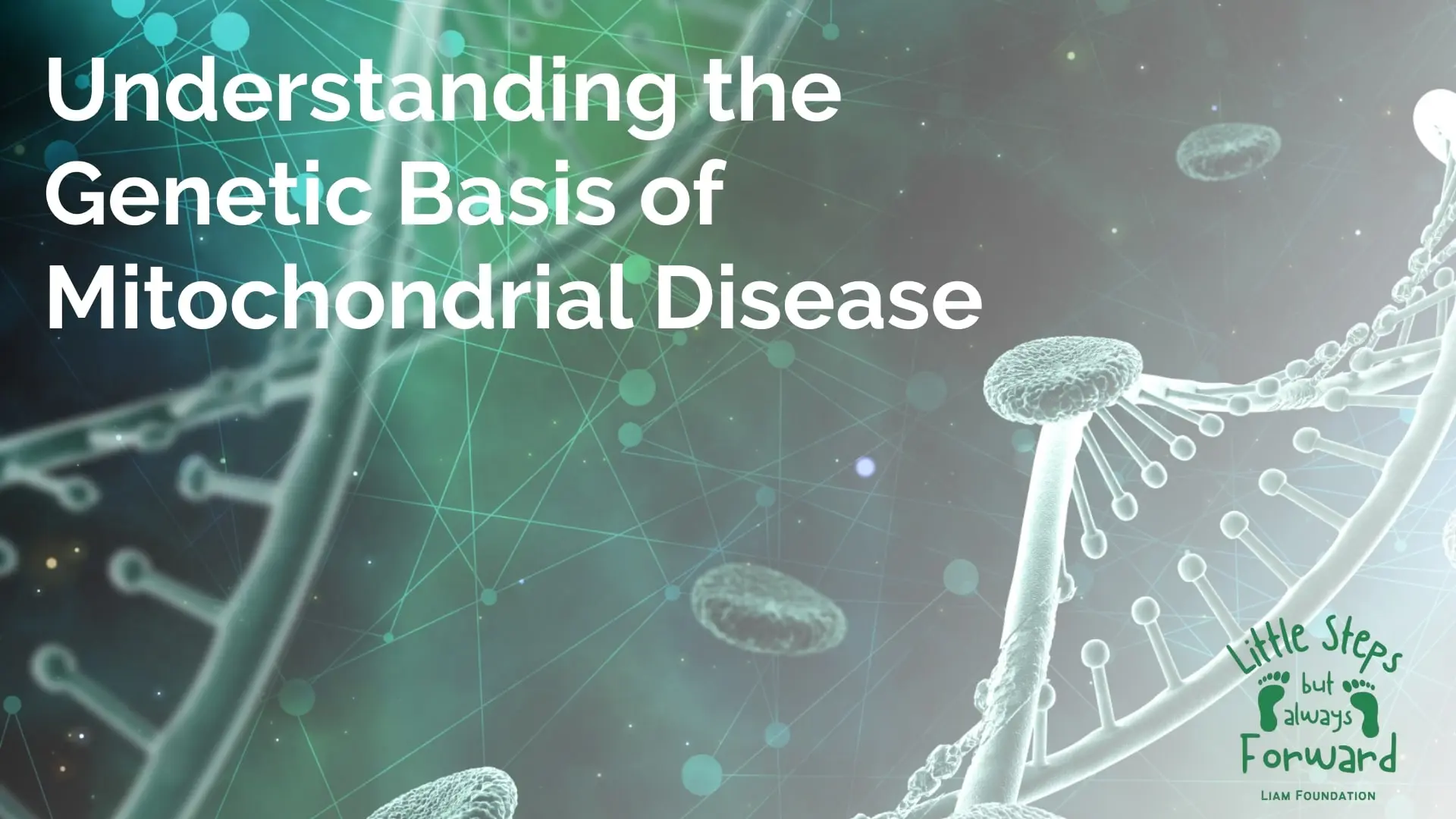Quick Summary : What You Need to Know: Mitochondrial diseases are genetic disorders that impair…
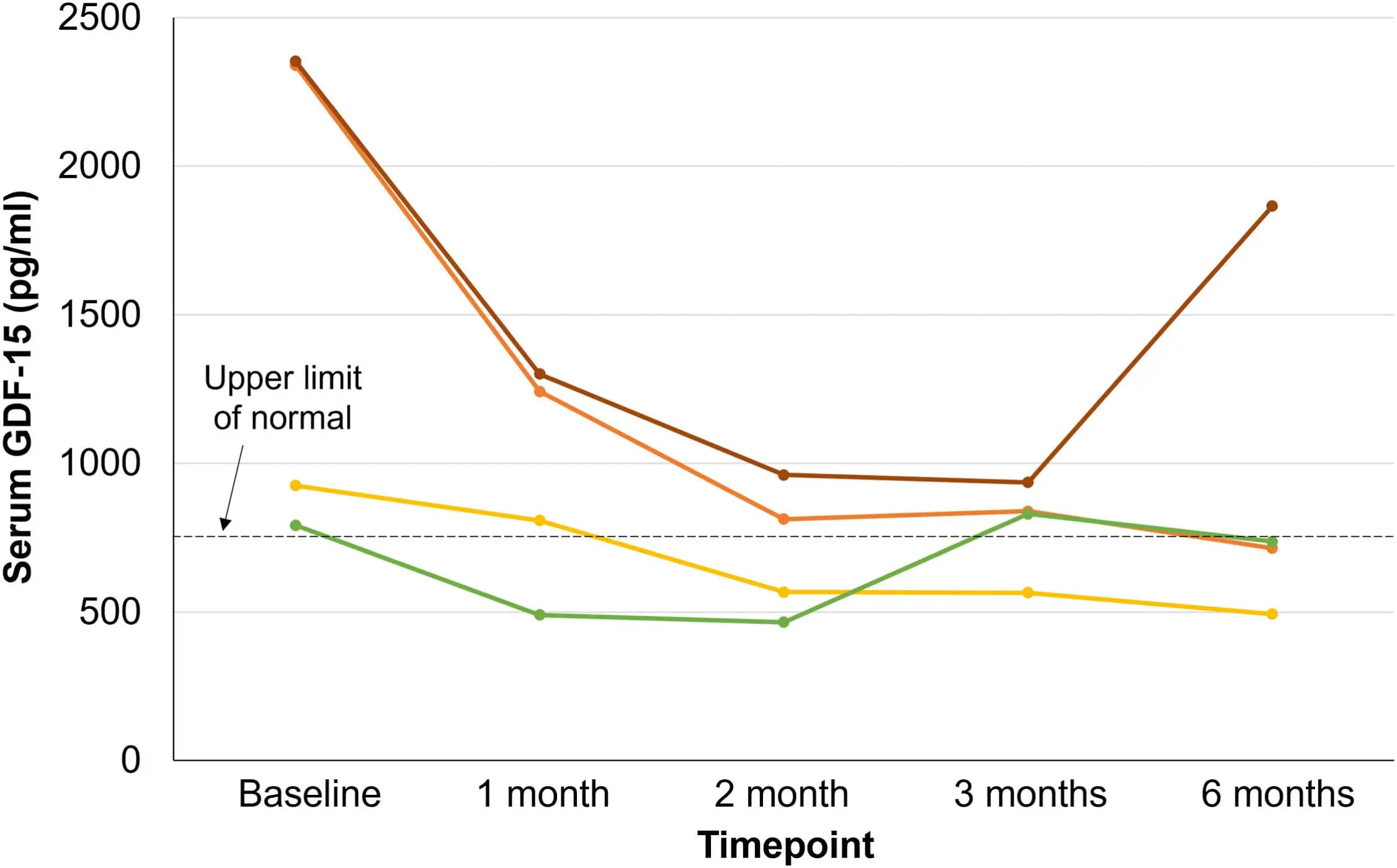
- December 1, 2024
- Comments Off on First Effective Therapy for Rare Neurodegenerative Mitochondrial Diseases Treatment
A groundbreaking clinical trial led by the Research Institute of the McGill University Health Centre (RI-MUHC) has introduced a promising treatment for POLG-related mitochondrial diseases treatment —a group of rare and severe neurodegenerative diseases. These disorders, stemming from mutations in the POLG gene, result in progressive neurological decline, with a median survival of merely five months post-symptom onset.
The Phase 2 open-label trial evaluated the safety and efficacy of a combined therapy using deoxycytidine and deoxythymidine. The findings, published in eClinicalMedicine, indicate that this therapeutic approach is not only safe but also potentially effective in mitigating disease progression. Patients undergoing this treatment exhibited significantly better clinical outcomes than typically expected, with many showing stabilization or improvement in their condition.
Dr. Kenneth Myers, a pediatric neurologist at the Montreal Children’s Hospital and a researcher at RI-MUHC, emphasized the profound impact of these results:
“Our study offers new hope to affected families worldwide. Previously, a diagnosis of a POLG-related disorder was tantamount to a death sentence. While this treatment is not a cure, the improved clinical status of our patients is encouraging.”
This pivotal research was predominantly funded by The Liam Foundation, a nonprofit organization established by the family of Liam, a young patient diagnosed with a POLG-related disorder in 2019. The foundation’s mission is to support research and clinical trials aimed at discovering new Mitochondrial Diseases treatment and ultimately a cure for mitochondrial diseases. Learn more on McGill Health e-News.
Mitochondrial diseases disrupt the function of mitochondria—the energy-producing structures within cells—leading to widespread organ dysfunction. POLG-related disorders specifically impair mitochondrial DNA replication, causing a cascade of debilitating symptoms.
The success of this trial marks a significant advancement in the quest for effective therapies for mitochondrial diseases. It underscores the critical role of innovative research and clinical trials in transforming the prognosis for individuals afflicted by these challenging conditions.
For more detailed information, please refer to the original article on Medical Xpress: First-ever effective therapy for rare, devastating neurodegenerative mitochondrial diseases.
Share This:
The Liam Foundation
Related Posts
The COVID-19 pandemic, caused by the SARS-CoV-2 virus, has led to significant global health challenges.…
A groundbreaking clinical trial led by the Research Institute of the McGill University Health Centre…
Mitochondrial DNA Depletion Syndrome (MTDPS) encompasses a group of rare genetic disorders characterized by a…
The Liam Foundation stands as a beacon of hope for families grappling with the challenges…
Mitochondrial disease treatments have long been a challenging frontier in medical research. As we delve…
Mitochondrial disease symptoms are complex disorders that can affect people of all ages, from infants…
To appreciate the significance of recent Mitochondrial disease research advances, it’s essential to understand the…
Understanding the Genetic Basis of Mitochondrial Disease, Mitochondrial disease is a group of disorders caused…
Mitochondrial disease is a group of disorders caused by dysfunctional mitochondria, the parts of the…

